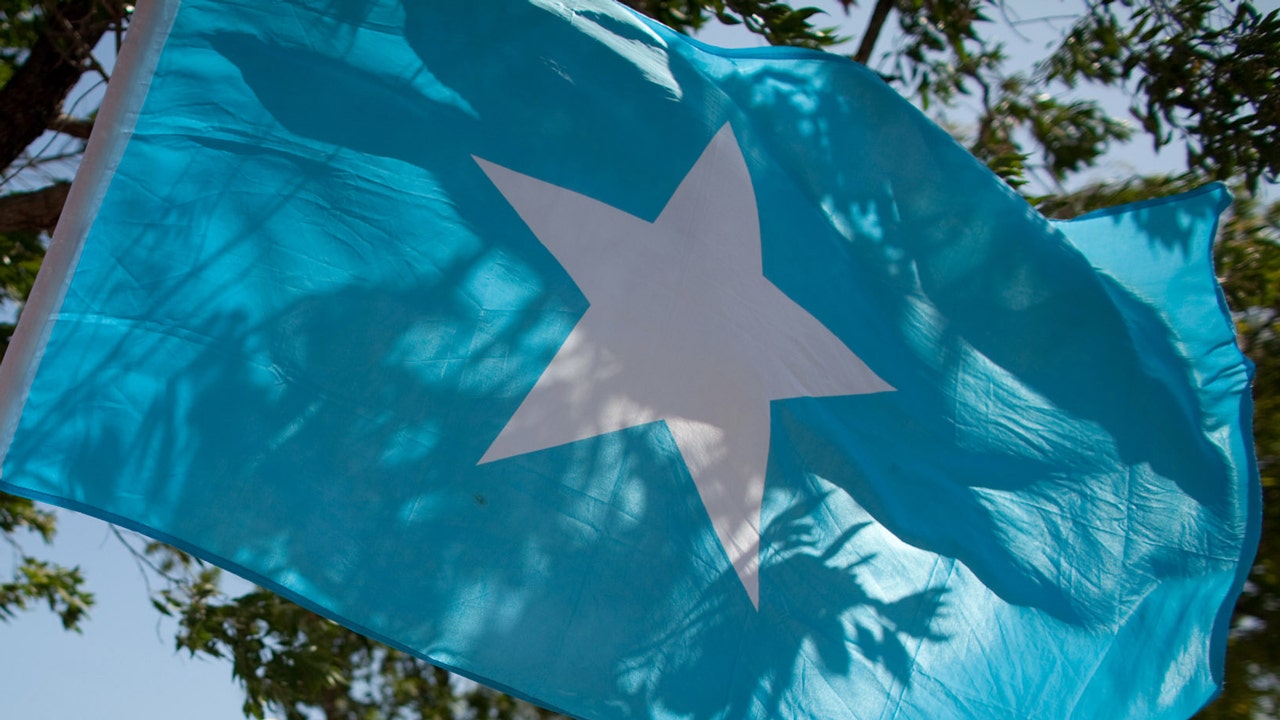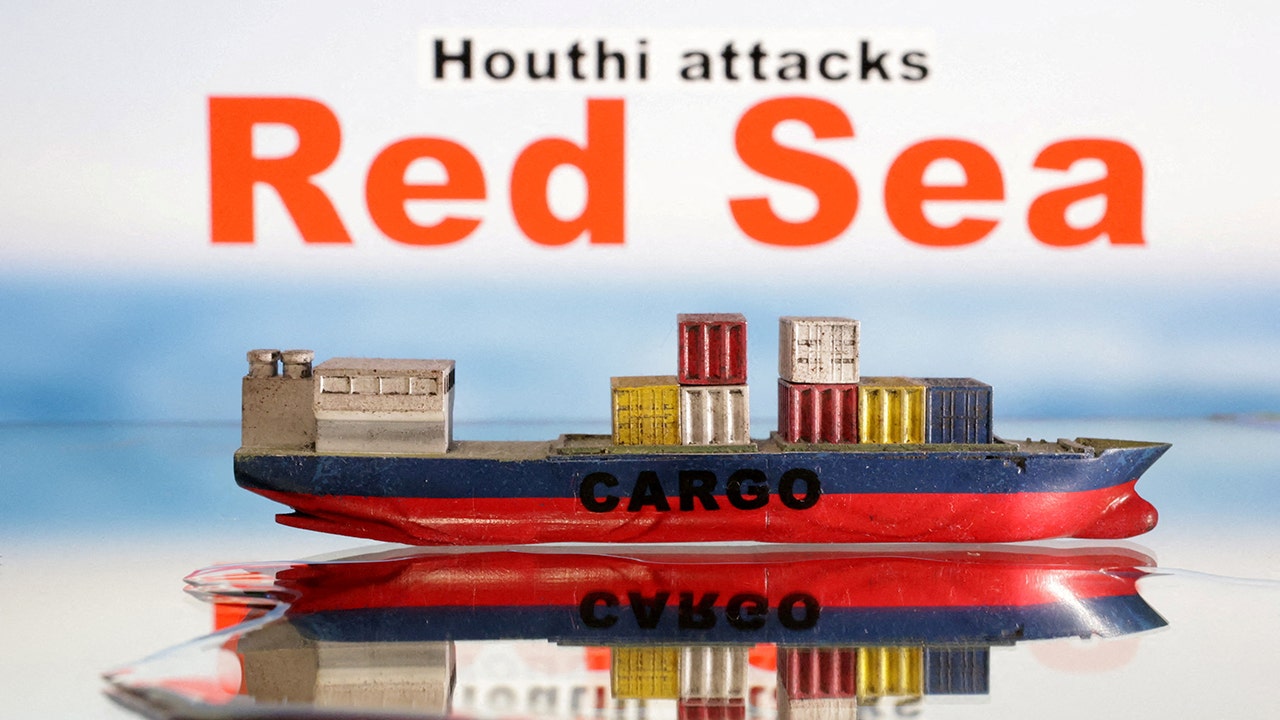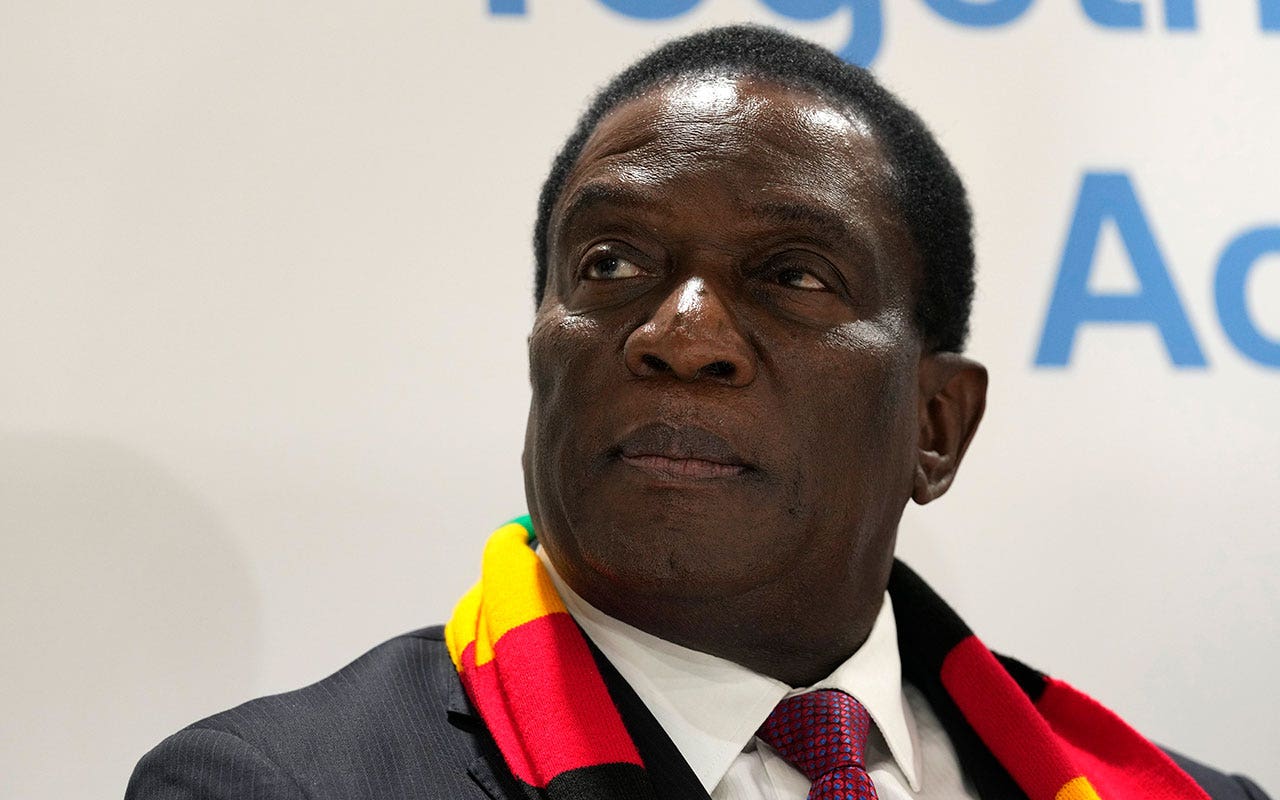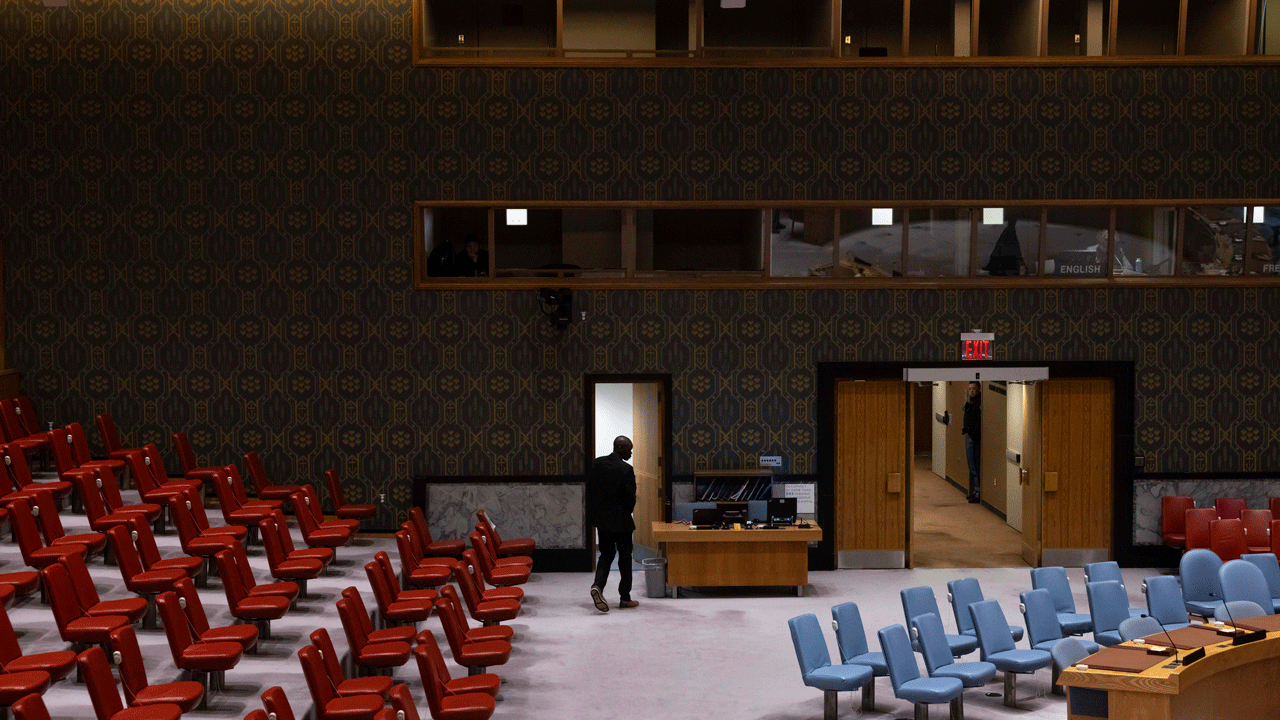Scores of countries have recognized a Palestinian state, but Norway’s announcement on Wednesday that it would do so carried added significance because it hosted the clandestine meetings in 1993 that led to the Oslo Accords, the framework for peace that came close to resolving the conflict between Israel and the Palestinians. It ultimately failed.
Norway calls itself a friend of Israel, and the two countries have a longstanding relationship. But since Oct. 7, when Israel launched a military offensive in Gaza in response to Hamas-led attacks, Norway has also sharply condemned Israel’s conduct of the war.
Norway’s foreign minister said in March that “Israel’s use of military force is having a disproportionately severe impact on the civilian population and is not in line with international humanitarian law,” and called for a cease-fire.
Norway also continued to fund UNRWA, the main U.N. agency that helps Palestinian refugees, after several other countries stopped doing so following Israel’s allegations that about a dozen of the agency’s employees had been involved in the Oct. 7 attacks.
In February, Norway testified at the International Court of Justice, stating that Israeli settlements in the occupied West Bank and East Jerusalem were among the biggest obstacles to peace in the region.
The Oslo Accords were landmark agreements that included mutual recognition between the government of Israel and the Palestinian leadership, which was able to return to the occupied territories from exile. The accords also established the Palestinian Authority, which was meant to be an interim body exercising limited Palestinian self-rule in the West Bank and Gaza Strip.
In 2000, continued negotiations toward a permanent peace treaty to establish an independent Palestinian state alongside an Israeli one dissolved into a second Palestinian uprising and an Israeli military clampdown.
Jonas Gahr Støre, the prime minister of Norway, said on Wednesday that “a recognition of Palestine is support to moderate forces that are on the defensive, in a long and gruesome conflict.”
He called the recognition “an investment in the only solution that can give lasting peace in the Middle East,” and he urged other countries to follow suit “so that the process towards a two-state solution finally can begin again.”






